Finding the perfect canine companion often involves balancing size, temperament, and practicality. For many dog lovers, shedding is a significant concern, especially for those with allergies or a preference for a pristine living space. If you’re dreaming of a small dog that minimizes or completely eliminates those pesky loose hairs, you’re in for a treat! This guide explores the best small dog breeds that don’t shed, helping you discover a furry friend who fits seamlessly into your life. We delve into breeds renowned for their low-shedding coats, ensuring you can enjoy all the joys of dog ownership without the constant battle against fur.
The Appeal of Low-Shedding Small Dogs
The primary allure of small, non-shedding dog breeds lies in their cleanliness and suitability for various living situations. Many people are drawn to these breeds due to:
- Reduced Allergens: For individuals with allergies to pet dander, breeds that shed minimally or not at all can make a significant difference in their comfort and health.
- Easier Home Maintenance: Less shedding translates to less time spent vacuuming, dusting, and lint-rolling. Your home stays cleaner, and your furniture remains fur-free.
- Ideal for Apartment Living: Small, low-shedding dogs are often well-suited for apartment dwellers due to their manageable size and reduced impact on shared living spaces.
- Consistent Appearance: Breeds with hair rather than fur often maintain a more consistent look, as their hair grows continuously and sheds minimally.
It’s important to note that “non-shedding” is often a relative term. Most dogs, even those considered non-shedding, will shed some hair. However, these breeds shed significantly less than their counterparts, making them the top choice for those prioritizing a hair-free environment.
Discovering Your Ideal Low-Shedding Companion
Let’s explore some of the most popular and charming small dog breeds known for their minimal shedding:
Affenpinscher
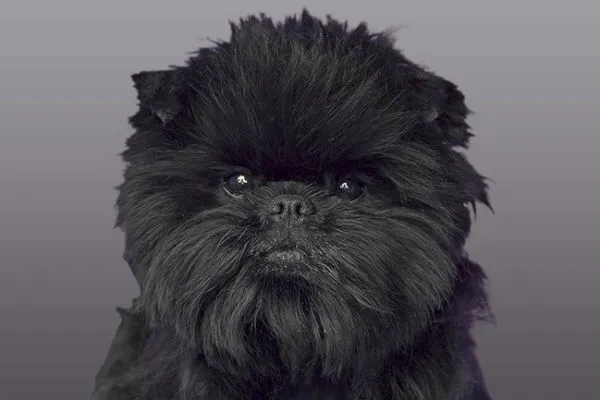 Affenpinscher dog
Affenpinscher dog
With a name that translates to “monkey-like terrier,” the Affenpinscher is a small dog packing a big personality. These fearless and intelligent dogs are characterized by their wiry, low-shedding coat. Their minimal shedding means less hair around your home, and they also possess a distinct lack of typical “doggy” odor. A twice-weekly brushing with a slicker brush and comb is usually sufficient to maintain their distinctive shaggy yet neat appearance. This low-maintenance canine is also known for its amusing sense of humor.
Basenji
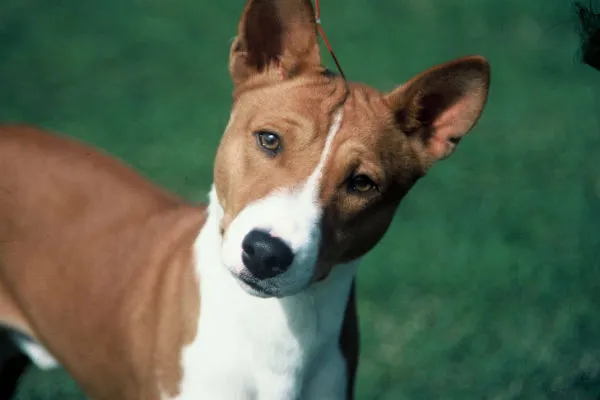 Basenji dog
Basenji dog
For those who admire the hound group but are deterred by excessive shedding and odor, the Basenji presents an excellent alternative. This breed sheds very minimally, and its short, fine coat requires little grooming beyond an occasional brush. Basenjis are also renowned for their quiet nature, making them a superb choice for apartment living, provided they receive adequate daily exercise and playtime.
Bichon Frise
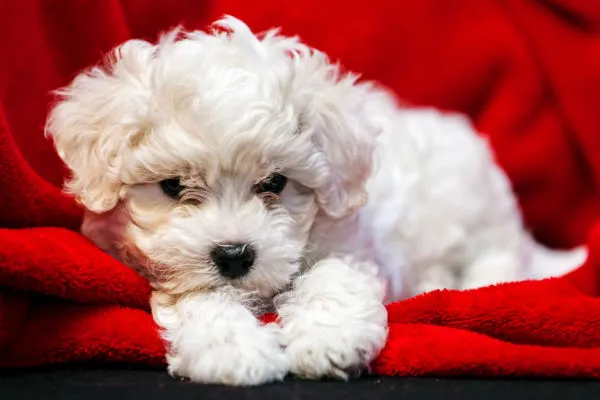 Bichon Frise dog
Bichon Frise dog
The Bichon Frise is a true testament to a small, non-shedding dog breed. These cheerful and affectionate companions are often recommended for individuals with allergies, making them an ideal dog breed for people with allergies. However, their low-shedding coat does require consistent grooming. Their hair grows continuously, necessitating frequent brushing and occasional baths to maintain their signature “powder-puff” look.
Bolognese
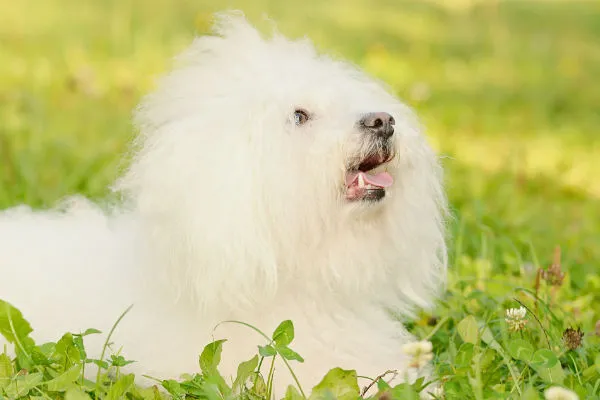 Bolognese dog
Bolognese dog
Similar to the Bichon Frise, the Bolognese boasts a distinctive fluffy coat composed of hair rather than fur. This breed does not shed, though dead hair should be regularly brushed out. Their coat requires daily grooming to keep these lovable lap dogs looking their best.
Brussels Griffon
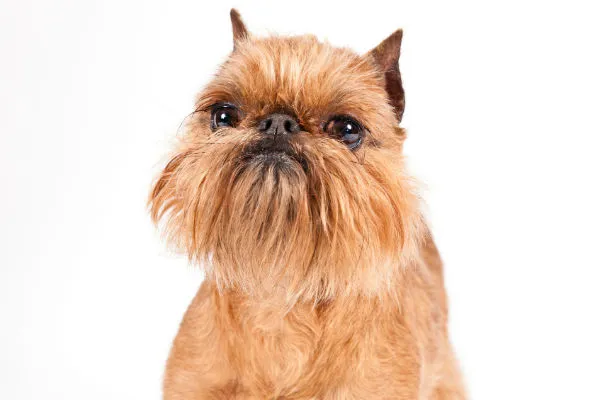 Brussels Griffon dog
Brussels Griffon dog
Don’t let their small stature fool you; Brussels Griffons are sturdy dogs that don’t require excessive pampering. Available in both smooth-coated and rough-coated varieties, they thrive with regular grooming and are minimal shedders. Their small size means that a daily walk and some indoor play are usually sufficient to meet their exercise requirements. This loyal breed thrives when their families are frequently home.
Chinese Crested
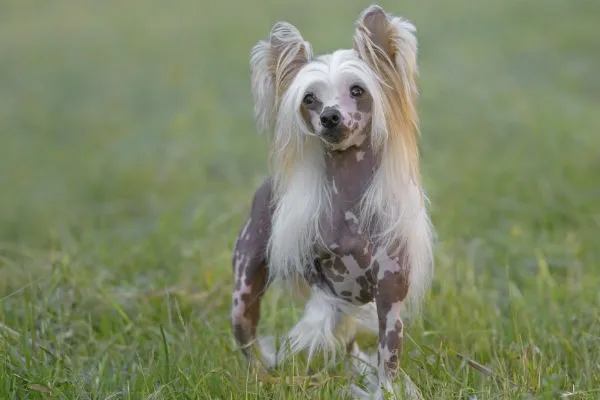 Chinese Crested dog
Chinese Crested dog
One effective way to avoid shedding is to opt for a hairless small dog breed. The Chinese Crested comes in two coat types: hairless and powderpuff. The hairless variety has hair only on its head, tail, and feet. The powderpuff type is covered in fine hair that sheds very minimally. Hairless dog breeds, however, require specific skin care to protect them from sun and cold, as they are more susceptible to skin irritations.
Coton De Tulear
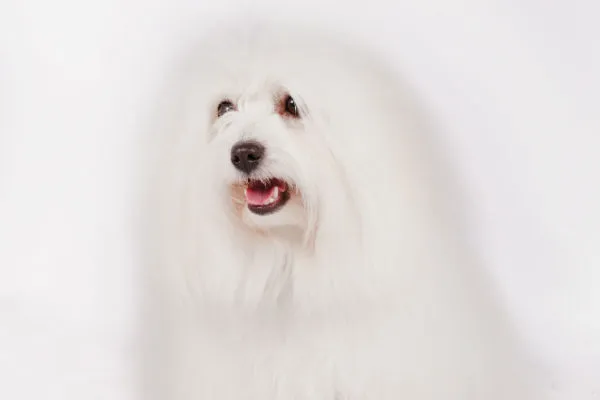 Coton de Tulear dog
Coton de Tulear dog
The Coton de Tulear is recognized for its characteristic long, fluffy coat, which is often considered hypoallergenic. This makes them an excellent choice for allergy sufferers and those seeking a small dog with minimal shedding. While Coton de Tulears require daily grooming to maintain their coats, their lighthearted and gentle demeanor makes the effort well worth it.
Havanese
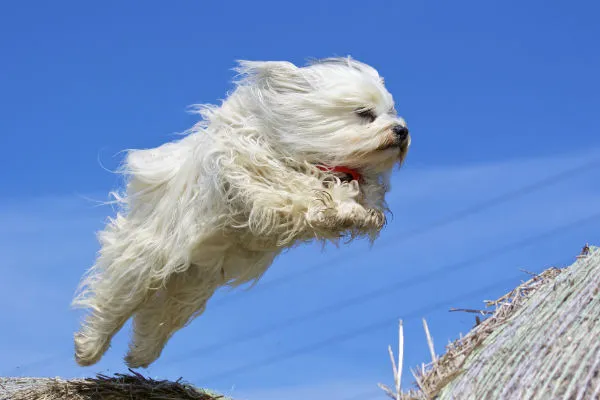 Havanese dog
Havanese dog
These charming Cuban natives offer their owners both a spunky personality and a coat that sheds very little. This means less time spent on lint rollers and more time enjoying playful romps with your Havanese. Their coat requires weekly brushing and regular baths to keep them clean and healthy.
Maltese
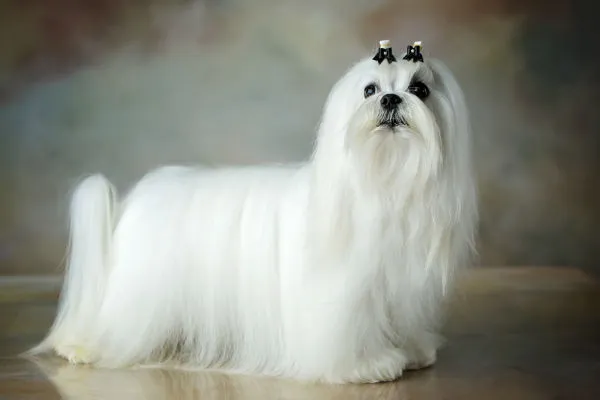 Maltese dog
Maltese dog
For over three millennia, Maltese dogs have enchanted their human companions. This ancient breed from Malta has maintained its appeal, partly due to its long, white coat that sheds very little, making it an ideal lap dog. Their coats do necessitate regular brushing to prevent matting, and occasional baths are needed to remove dirt and debris from their long, silky hair.
Lhasa Apso
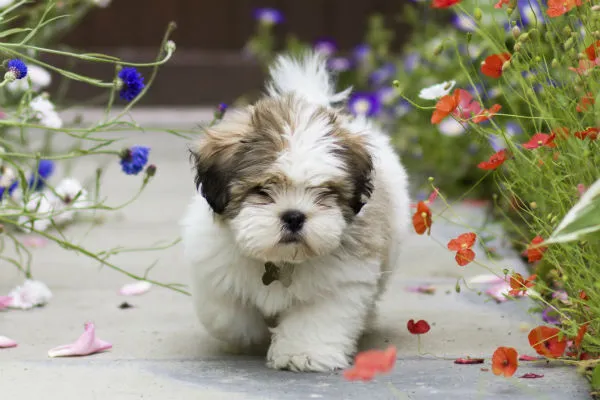 Lhasa Apso dog
Lhasa Apso dog
Originating from Tibet, the Lhasa Apso is a small dog breed that makes for an excellent companion. Calm yet playful, they enjoy brisk walks and relaxing on their owner’s lap. Lhasa Apsos do not shed, but their coats require consistent maintenance. Many owners opt for a “puppy cut” to simplify daily grooming and brushing of their long hair.
Miniature Schnauzer
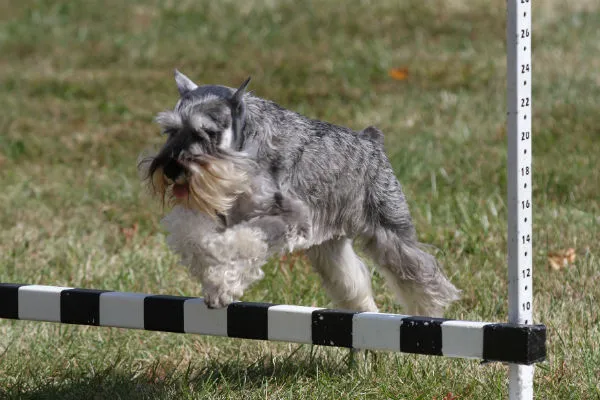 Miniature Schnauzer dog
Miniature Schnauzer dog
The Miniature Schnauzer is a smart, trainable, and cheerful small dog, closely resembling its Standard Schnauzer relative. This Terrier sheds very little and is highly adaptable, thriving in both urban and rural environments as long as their families are nearby. To keep them looking their best, incorporate weekly brushing and regular grooming into their routine.
Poodle
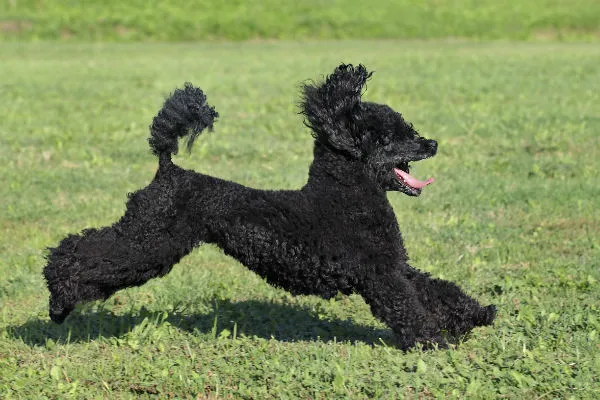 Poodle dog
Poodle dog
Poodles are often the first breed that comes to mind when discussing small, non-shedding dogs, and for good reason. Poodles are non-shedding and hypoallergenic. The Miniature and Toy Poodle varieties offer these sought-after qualities in intelligent, petite packages. All Poodles are highly intelligent, making them easy to train small dogs that dont shed. Their coat, however, does require regular professional grooming.
Scottish Terrier
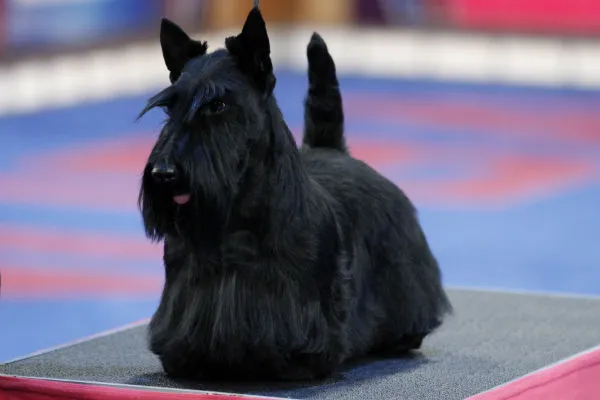 Scottish Terrier dog
Scottish Terrier dog
The Scottish Terrier, or Scottie, is a bold and confident Terrier breed with a significant personality. Their wiry, weather-resistant coat sheds very little. While they require regular brushing and grooming, occasional hand-stripping is also beneficial for maintaining coat health and the breed’s distinctive outline. Scotties are intelligent and independent dogs with strong prey drives, so caution is advised around smaller animals.
Shih Tzu
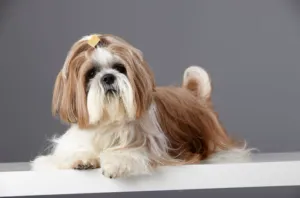 Shih Tzu dog
Shih Tzu dog
The Shih Tzu boasts a long and distinguished history, favored by royalty for centuries. These “little lion dogs” come in various colors and patterns. Their long, silky hair is very low-shedding and appears exceptionally regal when brushed out, fitting their noble ancestry. This sturdy and lively Toy breed carries themselves with an air of pride, due to their proudly held heads and curling tails. Shih Tzus were bred to be house pets, and their gentle, trusting nature makes them wonderful companions.
West Highland White Terrier
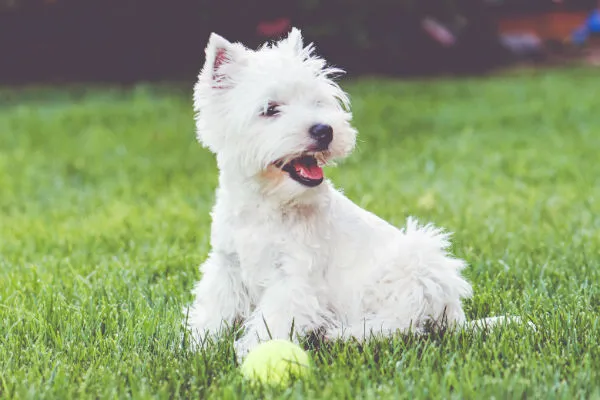 West Highland White Terrier dog
West Highland White Terrier dog
The coarse, white coat of the West Highland White Terrier, affectionately known as Westies, sheds very little. This sturdy little dog is intelligent, loyal, happy, and highly entertaining. They possess a curious nature and moderate energy levels, along with the independent streak common in Terriers, which can occasionally present a training challenge.
Xoloitzcuintli
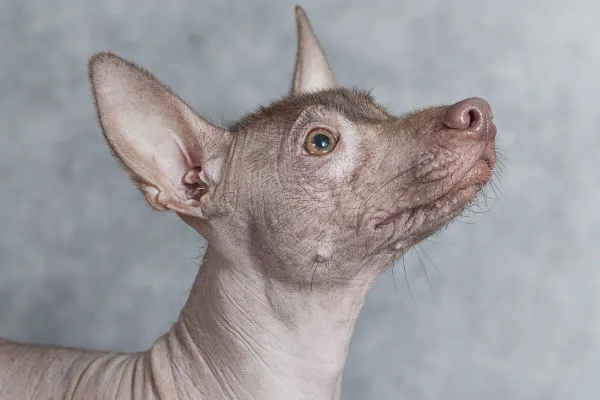 Xoloitzcuintli dog
Xoloitzcuintli dog
Also known as the Mexican Hairless dog, the Xoloitzcuintli is an ancient and rare breed that can be either hairless or coated. The hairless variety has minimal hair on its head, while the coated variety sports a very short, fine coat that sheds minimally. As with any hairless breed, Xolos require extra skin care to protect them from the elements. They make attentive watchdogs and affectionate companions. While they enjoy physical activities, they are also known for their tranquil presence at home.
Yorkshire Terrier
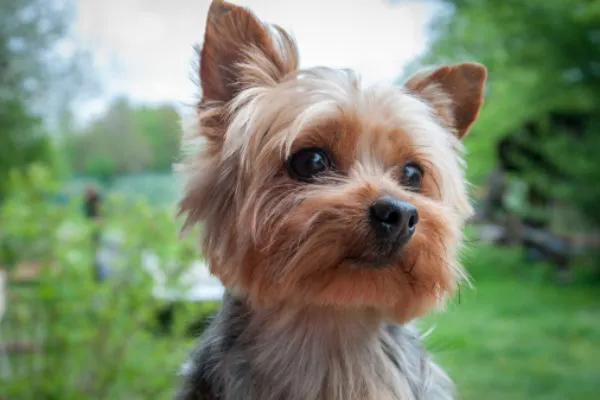 Yorkshire Terrier dog
Yorkshire Terrier dog
Sprightly, tomboyish, and affectionate, the Yorkshire Terrier, or Yorkie, is a Toy breed bursting with personality. These spunky lap dogs are among the most popular dog breeds and are celebrated for their non-shedding, silky coats. Daily brushing keeps their coats beautiful and manageable, made easy by their small size. Despite their elegant appearance, Yorkies have working-class roots, historically hunting rats in English mills. Today, they are just as happy to offer companionship on their owner’s lap.
Other Considerations for Low-Shedding Breeds
The Terrier group is a treasure trove of small dogs that shed minimally or not at all. Breeds with wiry and coarse coats often shed less than those with fur, making them excellent choices for individuals sensitive to shedding.
It is crucial to remember that while these breeds minimize shedding, they are not maintenance-free. Thoroughly researching non-shedding dog breeds is essential to find a dog that aligns with your lifestyle and personality. To ensure your dog’s well-being and prevent health issues, always source your dog from a reliable breeder, provide a high-quality diet, and schedule regular veterinary checkups. By understanding the unique needs of each breed, you can confidently choose a small, low-shedding dog that will bring years of joy and companionship to your home.
